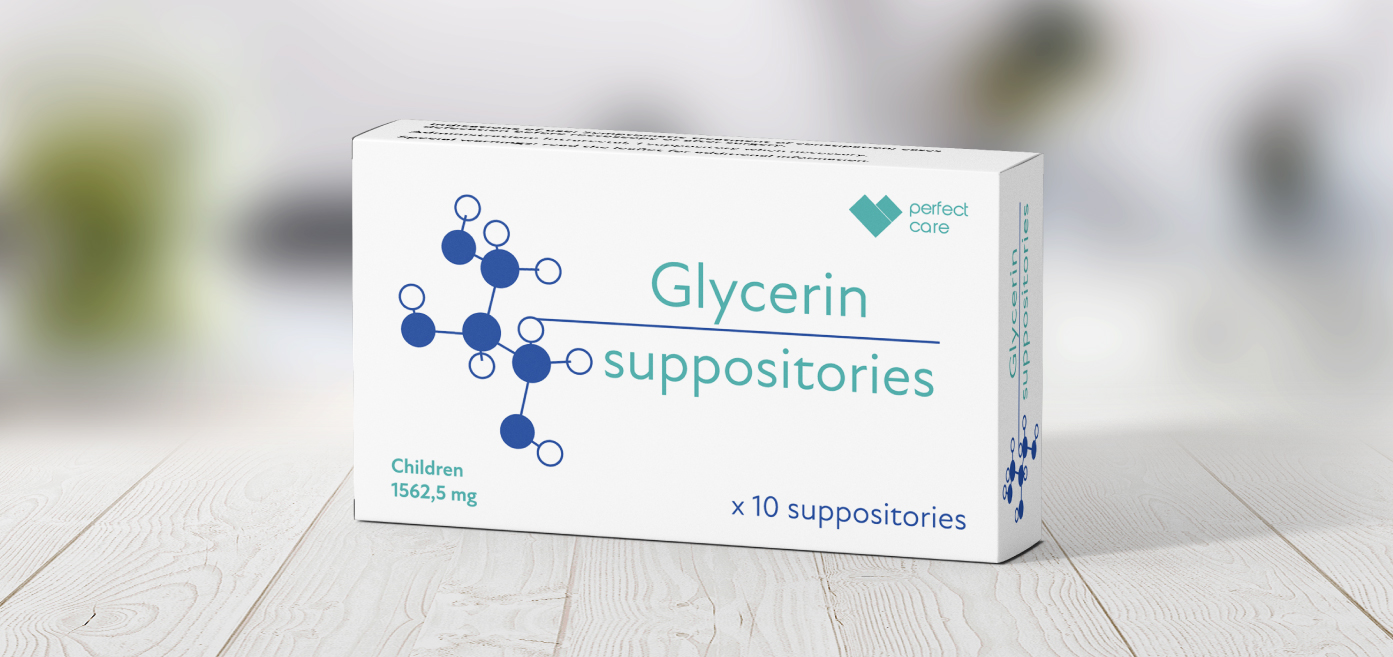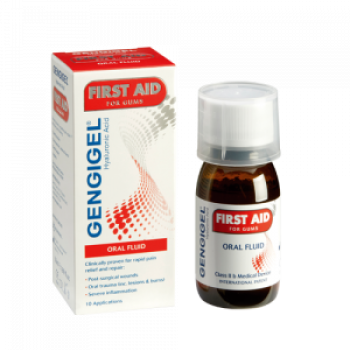
Glycerin suppositories for Children
Constipation can be caused by a low fiber diet, insufficient water intake and not going to the toilet as soon as you feel you need it. Pregnancy, lack of movement or immobilization in bed and some medications, including some painkillers, can also be the cause of constipation.
Glycerine suppositories are used to treat constipation. They can be bought without a prescription from pharmacies and other retail outlets. Glycerine is a mild irritant, and it works by increasing the frequency of bowel movement. This helps the passage of stools.
Glycerine suppositories have a laxative effect and are used to treat constipation, to relieve defecation after surgery or before rectoscopy. Glycerine suppositories stimulate secretion in the rectal mucosa and simultaneously trigger the defecation mechanism.
Glycerine is commonly classified as an osmotic laxative but may act additionally or alternatively through its local irritating effects; it can also have lubricating and faecal softening actions. Glycerine suppositories usually work within 15 to 30 minutes. When administered rectally, glycerine exerts a local hygroscopic and / or irritating action, attracting water from the tissues into the faeces and reflexively stimulating the passage.
The preparation is essentially a translucent, colourless gelatinous mass, obtained by dissolving sodium stearate in glycerine and water. After homogenization, the molten mass is divided into PVC / PE shells and cooled. The formulation of this product was prepared using selected excipients, frequently used in the pharmaceutical industry for the manufacture of similar products. The laxative action of suppositories is based on their dissolution in the rectal mucosa. Glycerine softens the intestinal contents and lubricates the mucosa, favouring the passage. They are recommended in chronic constipation, when it is necessary to avoid the effort of defecation, for children, elderly, convalescents, myocardial infarction, postoperative, anal fissures, especially in people with haemorrhoids or other recto-anal diseases.


